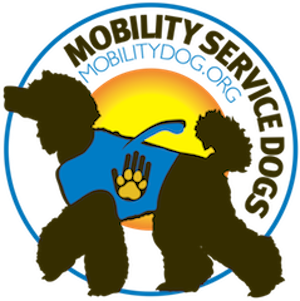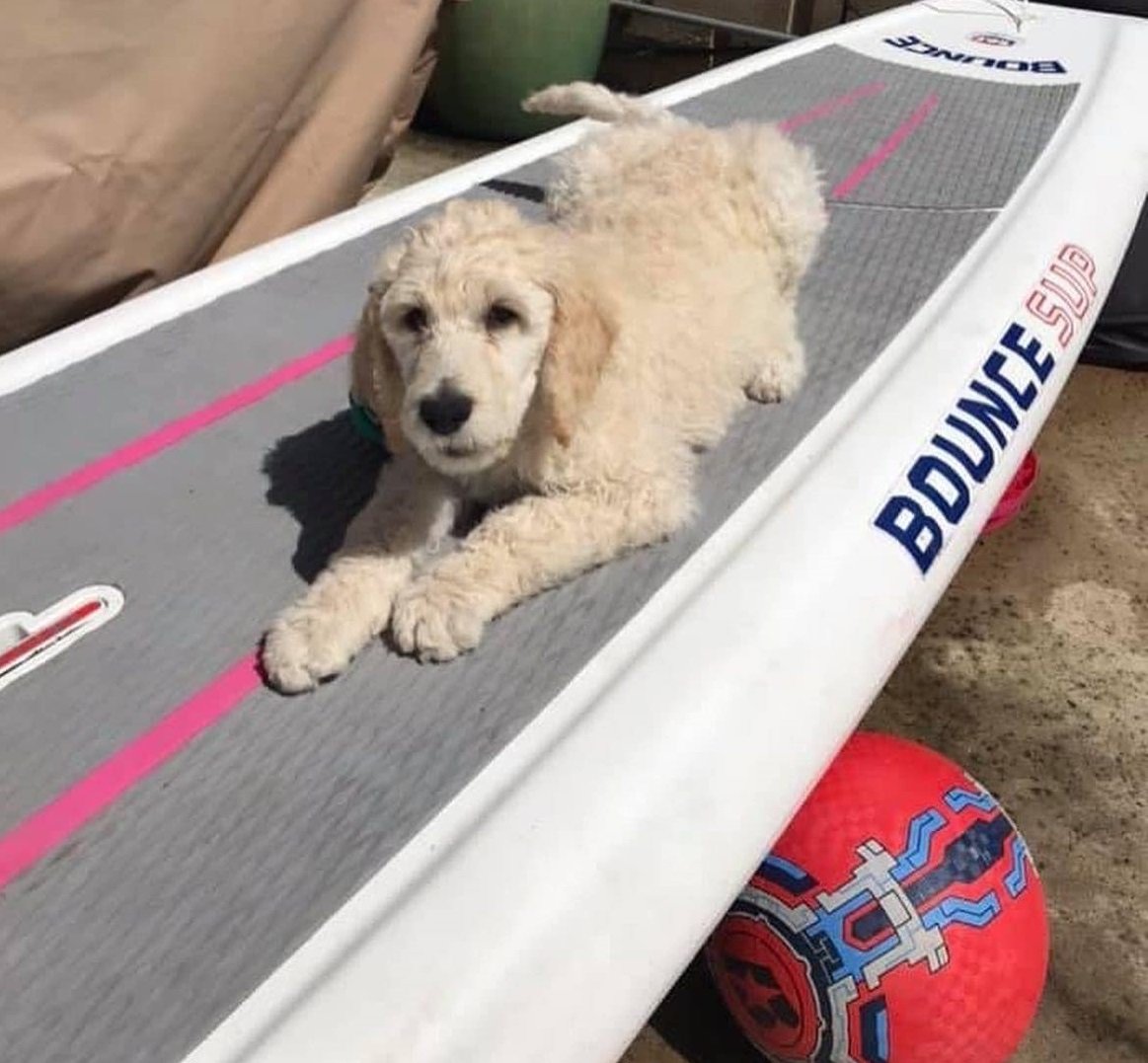K9 Socialization for Success: How Early Desensitization Affects Adult Dog Behavior
Young Puppy Playing Outside with a Dog Toy
Why are some dogs calm, self-composed and friendly, while others are fearful, shy and sometimes aggressive? There may be many reasons – after all, dogs have complex personalities. Often, however, differences in adult dogs’ demeanor and behavior reflect how well the animal was socialized as a puppy.
Learning to Communicate
Domestic canines are unique in their ability to communicate effectively with humans. They start to build their communication skills almost immediately after birth. However, they also need to develop a disposition that is compatible with human interaction and demonstrates resilience to the incidental stresses and novel events that characterize life in the modern human world.
These traits, in turn, require a level of desensitization, created through gradual exposure to the experiences, objects and other stimuli the dog is likely to encounter over the course of its life. When this exposure is properly timed and paced and occurs in a largely pleasant context, the dog learns to be resilient and well-behaved.
Three Periods of Social Development
Man Playing with a Litter of Young Puppies
A young dog experiences three distinct periods of social development:
The first period, called (intuitively enough) the primary period, lasts from birth until the dog reaches about three weeks of age. During this time, sensory capabilities are still forming, so pups rely entirely on their mother’s care. Still, they can be gently handled during this time. One study found that puppies handled delicately every day in their first few weeks behaved more calmly at eight weeks than did animals that were not handled.
What’s called the socialization period runs from about three weeks to around 12 weeks of age. The mother dog has gradually reduced the care provided to her offspring, and they begin to engage more with their littermates. During this period, puppies play with the other pups, follow each other and run in groups. Dogs may show fear of humans during this stage, but this tends to disappear with regular gentle human contact.
The third developmental stage, the enrichment period, begins at about 12 weeks and may extend to sexual maturity. By this time, fully vaccinated dogs should be able to accompany their owners anywhere without risking the most common communicable canine diseases. New encounters during this period further build their confidence.
Good Ways to Socialize a Pup
Young Puppy Laying on a Paddle Board
Effective puppy socialization incorporates these kinds of activities:
Introduction to New People
Meeting new men, women and children will help a puppy connect with different people positively. Letting friends and family pet the dog while offering treats helps the dog learn to associate new people with pleasurable experiences.
Introduction to Other Puppies, Dogs and Animals
Puppy playdates are one way to introduce an animal to other puppies of a similar age as well as to other dogs or household pets.
Introduction to New Places
Exposure to novel places helps a dog learn to be comfortable outside the home including stores, restaurants, parks, bus stations, hiking trails and more will help the dog become familiar with - and comfortable in - unique situations.
Teaching Basic Commands
Young dogs may not be ready for an advanced education, but they can learn the basics. Simple commands, such as sit, stay, and come help the trainer maintain control of the animal and set the foundation for more complex commands later on.
Going at the Puppy’s Pace
A dog that exhibits signs of fear or discomfort or becomes overstimulated is signaling that it’s time to end the session. Like children, young dogs don’t have a long attention span or infinite energy for learning. The trainer must know when the dog has had enough and stop the lesson.
Watching for Signs of Stress
Panting, pacing, yelping or hiding are signs that the dog is feeling stressed and that the trainer should discontinue the session. A nervous or tense animal won’t learn well and should never be forced to continue in an uncomfortable situation.
Being Consistent
Consistency is vital when socializing a puppy. Experienced trainers use the same words and employ the same body language from opportunity to opportunity. Dogs learn faster when trainers repeat consistent prompts when expecting the dog to learn.
Young Puppies Sleeping
In addition to preparing a dog for more complex and focused training, early socialization also helps trainers and organizations like MobilityDog properly identify the temperament and personality traits of Service Dog candidates. Some pups will display high levels of confidence, adaptability and cognitive skills required to become great service animals. Others may fall short in one or more of these areas. Identifying and nurturing the necessary traits early on increases the likelihood that a Service Dog candidate will ultimately graduate to become a truly great benefit to a handler.
ALL IMAGES COURTESY OF MOBILITYDOG.ORG.




